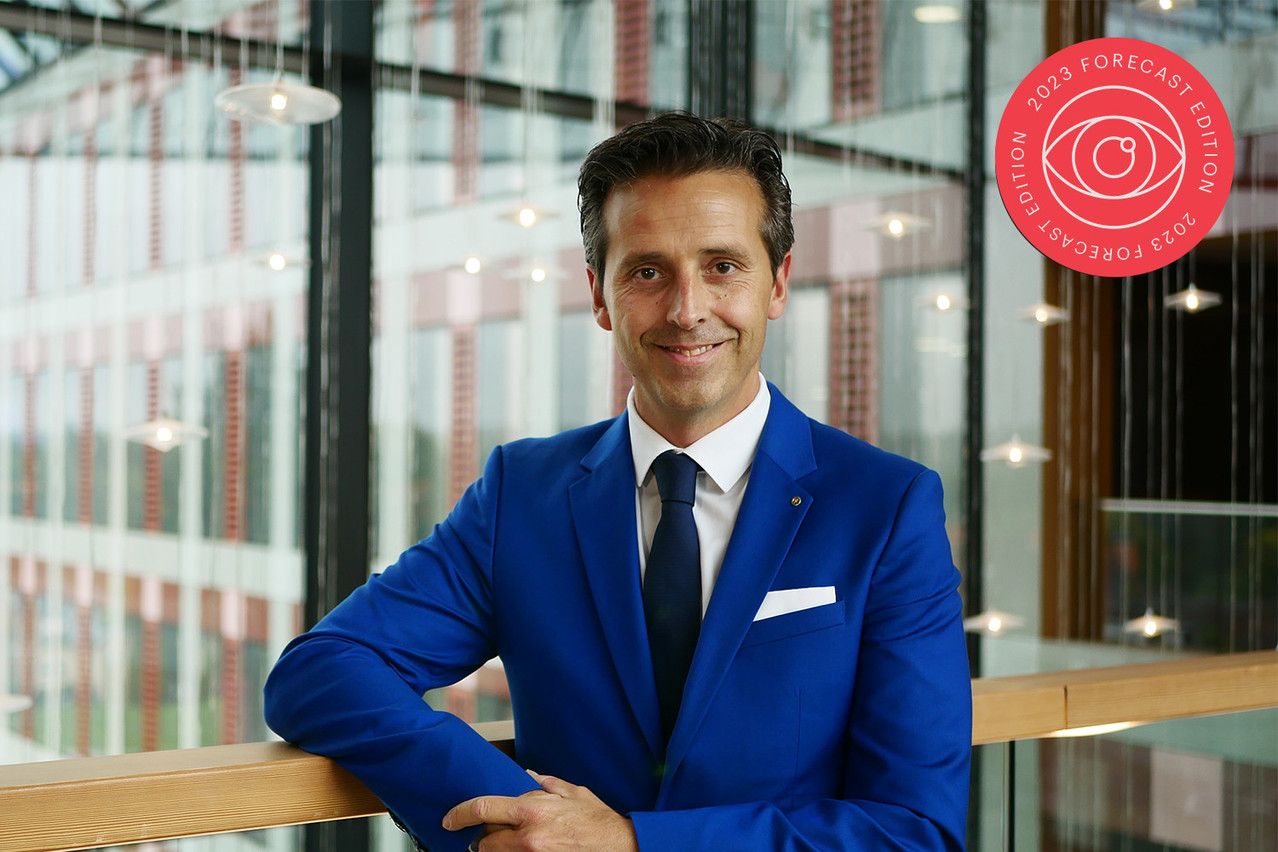What if these crises are a strong incentive for positive change?
The current socio-economic environment brings many reasons to be sceptical about the future of what drives our economy and represents more than half of the domestic employment in Luxembourg: our ecosystem of SMEs.
Entrepreneurs are confronted with rising energy costs and inflation, while tensions on supply chains is increasing and consumers could cut back on spending in times of uncertainty. Although Luxembourg’s gross domestic product (GDP) (+2.9 % in 2022 and +2.1 % in 2023) are slightly above the (+2.6% in 2022 and +1.6% in 2023), geopolitical unpredictability lowers the confidence level in the economy.
might have to be made in Luxembourg in 2023. That, plus the ongoing “war for talent” and the fairly recent concept of the “”, are also causing headaches on the human resources side.
All this following a pandemic, which already puts many entrepreneurs at stress. The question is now: how to keep a sufficient energy level (and of course profitability) to overcome the difficult context?
The toughest conditions can result in the most successful business ideas.
“I am an optimist, and I strongly believe in the agility of our entrepreneurs, who already proved an incredible resilience, fearlessness and creativity in the management of the covid crisis. I would even say that the toughest conditions can result in the most successful business ideas. It’s a matter of asking the right questions,” comments , commercial and private sector leader at EY Luxembourg. The confidence of global institutions in the Luxembourg economy adds a good reason to remain optimistic, with the .
Yves Even concedes: “Social and financial risks, among other treasury shortage, will most probably be sources of difficulties in the coming months. What will make the difference is not only to be able to manage the short term but to prepare in a solid way for the long term, initiating the transformations for tomorrow. If there is one thing that we all learnt from the consequent crises, it is definitely the need for a transition into more sustainable business models.”
In an inflationary market, margins need to be protected in priority. One short-term step is therefore to ensure a clear strategy to secure supplies, either by concentrating on flagship products by committing to stock, or by maintaining the range while renegotiating prices directly with suppliers.
Crises make it more difficult to access capital. Investors and banks become more selective in investments and financing rounds are less frequent, so protecting existing capital is key. To protect treasury, a series of measures can be quickly analyzed and (temporarily) implemented such as cost adjustments, price optimisation or product launches.
Over the longer term, it is important to ensure a clear vision of the cost price throughout the entire value chain. This will allow to identify which process changes could increase efficiency, agility, and adaptability, to save costs and energy. From the optimisation of operational processes to a full review of the business model, no possibility should be left open, and all changes need to be driven by one guiding principle: creating value to the clients to stand out from the competition.

